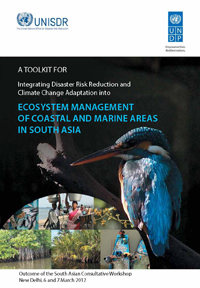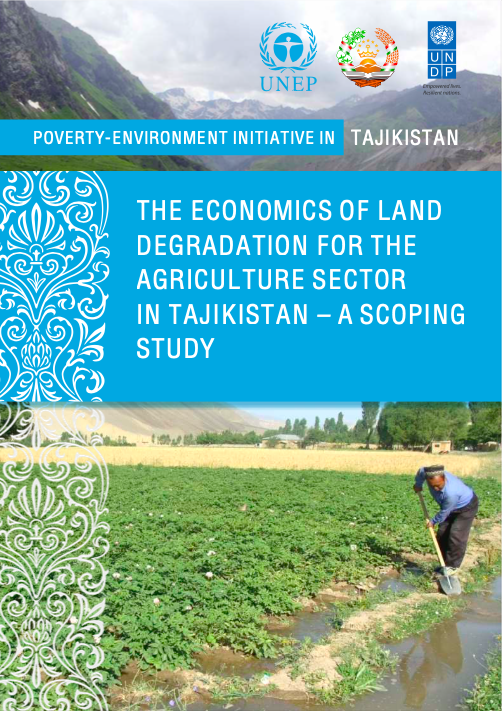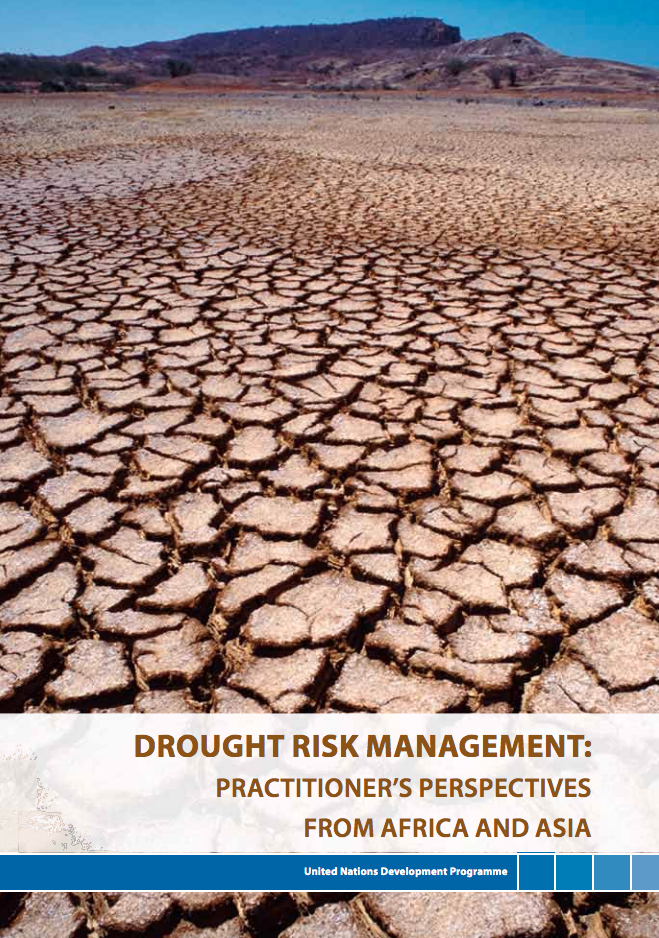UNDP works in some 170 countries and territories, helping to achieve the eradication of poverty, and the reduction of inequalities and exclusion. We help countries to develop policies, leadership skills, partnering abilities, institutional capabilities and build resilience in order to sustain development results.
Inclusive growth, better services, environmental sustainability, good governance, and security are fundamental to development progress. We offer our expertise in development thinking and practice, and our decades of experience at country level, to support countries to meet their development aspirations and to bring the voices of the world’s peoples into deliberations.
In 2016, UNDP is continuing its work to support the 2030 Agenda for Sustainable Development and the 17 new Sustainable Development Goals (SDGs), or Global Goals, as they help shape global sustainable development for the next 15 years.
UNDP focuses on helping countries build and share solutions in three main areas:
In all our activities, we encourage the protection of human rights and the empowerment of women, minorities and the poorest and most vulnerable.
Members:
Resources
Displaying 76 - 80 of 362A Toolkit for Integrating Disaster Risk Reduction and Climate Change Adaptation into Ecosystem Management of Coastal and Marine Areas in South Asia
This toolkit provides a step-by-step guide to integrating disaster risk reduction and climate change adaptation into the coastal and marine ecosystem management in the coastal sub-region of South Asia including Bangladesh, India, Maldives, Pakistan and Sri Lanka.
The Economics of Land Degradation for the Agriculture Sector in Tajikistan - A Scoping Study
As part of the broader United Nations Development Programme and United Nations Environment Programme (UNDP/UNEP) Poverty-Environment Initiative (PEI), Phase 1 Project, the overall objective of this study is to develop a framework to assess the impact of land degradation and the benefits of SLM.
Greening rural development in India
Greening rural development can stimulate rural economies, create jobs and help maintain critical ecosystem services and strengthen climate resilience of the rural poor. This report by the Ministry of Rural Development, India, with support from the United Nations Development Programme, presents strategies for inclusive rural development embodying the principles of environmental sustainability. It defines ‘green’ outcomes for major rural development schemes, reviews the design and evidence from the field to highlight potential green results and recommends steps to improve green results.
2010-2011 Annual Performance Report of UNDP supported GEF financed projects
The Global Environment Facility (GEF) and the UN Development Programme (UNDP) have published this annual report on joint projects financed during 2011 on ecosystems and biodiversity preservation, green development strategies, and sustainable use of water and ocean resources, among other topics. The GEF financed and supported 323 UNDP projects in 2011.
Drought risk management: Practitioner's perspectives from Africa and Asia
The Africa–Asia Drought Risk Management Peer Assistance Project seeks to facilitate the sharing of knowledge and technical cooperation among drought-prone countries in Africa and Asia and thus to promote best practices in drought risk management (DRM) for development in the two regions. In order to establish a baseline to guide this activity, the United Nations Development Programme Drylands Development Centre (UNDP DDC) undertook a stocktaking exercise between March and June 2011 on drought impacts, causes, trends and solutions in Africa and Asia.





